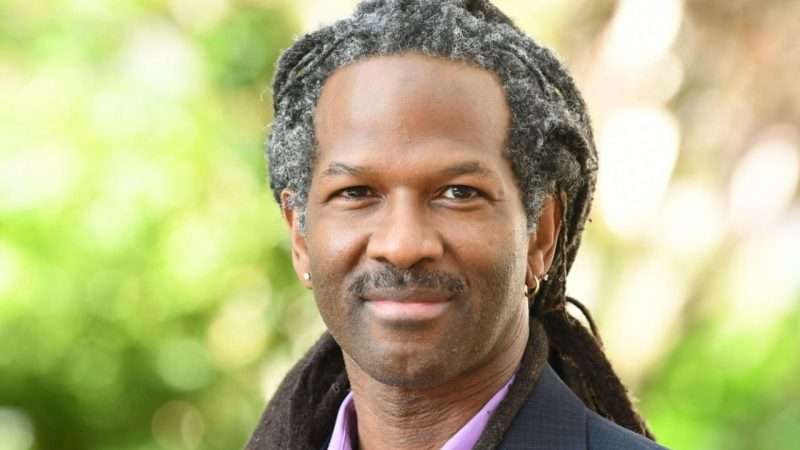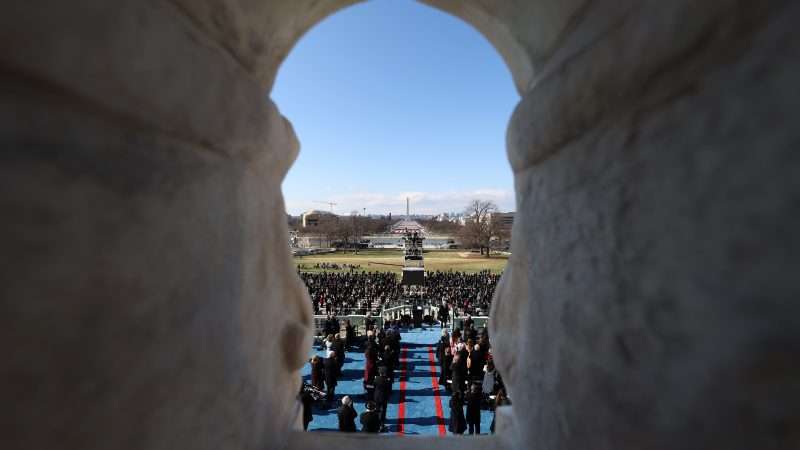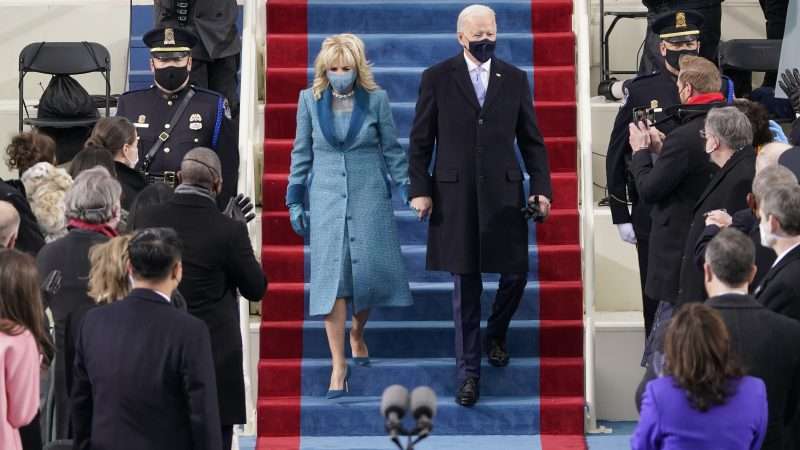If you were hoping President Joe Biden might break from former President Donald Trump’s broad view of executive authority, don’t hold your breath. On Wednesday afternoon, Biden plans on extending the Centers for Disease Control and Prevention’s (CDC) eviction moratorium through the end of March.
That moratorium prohibits landlords—under penalty of stiff fines and even jail time—from evicting tenants for non-payment if they file a hardship declaration stating that they are unable to pay rent because of the pandemic and their eviction would result in them moving into a crowded living situation.
The Trump administration, through the CDC, first issued this moratorium back in September. It was extended through the end of January by the relief bill passed by Congress at the end of December.
Throughout the pandemic, federal housing agencies have issued a slew of eviction and foreclosure protections for residents of single-family homes financed or owned by a government-sponsored enterprise like Fannie Mae and Freddie Mac or with a federally insured mortgage. The CARES Act, passed in March 2020, paused evictions at multi-family properties with a federally insured mortgage and for renters receiving federal housing aid.
The CDC’s eviction moratorium is distinct in that it applies to all rental properties nationwide, regardless of any federally insured mortgage or participation in a government housing program. The sweeping nature of that moratorium, and the fact that it was initially issued by executive fiat, has sparked numerous legal challenges.
“There’s definitely separation-of-powers problems with the president just making up law or the CDC just making up law. That’s what happened under Trump with the CDC when they issued the national eviction moratorium,” says Luke Wake, an attorney with the Pacific Legal Foundation, which has filed multiple lawsuits challenging the CDC’s moratorium. “Biden is doing this on the same flawed statutory construction.”
The CDC has relied on a very broad interpretation of the Public Health Service Act to justify its initial moratorium. That law gives federal health officials the authority to make regulations “reasonably necessary” to prevent the interstate spread of communicable disease, including “inspection, fumigation, disinfection, sanitation, pest extermination, and destruction of animals or articles believed to be sources of infection.”
The potential for evicted tenants to move into crowded living situations, spreading COVID-19 in those environments, made an eviction ban a “reasonably necessary” means of combating the pandemic, according to the CDC.
That’s a sweeping claim of authority on the part of the agency, as some legal observers have noted.
“If Trump can use this authority to impose a nationwide eviction moratorium, Joe Biden (or some other future president) could use it to impose a nationwide mask mandate, a nationwide lockdown, or just about any other restriction of any activity that could potentially reduce the spread of the flu, the common cold, or any other disease,” wrote George Mason University law professor Ilya Somin at the Volokh Conspiracy in September.
Biden himself appears unwilling to embrace this expansive view of executive power when it comes to things like masks. The president initially claimed on the campaign trail that he could issue a nationwide mask mandate before deciding that that power was beyond the scope of the presidency. Last week he also explicitly called on Congress to pass another extension of the nationwide eviction moratorium through the end of September 2021.
All of that would suggest that even Biden believes congressional action is necessary to extend the CDC’s eviction moratorium.
“There’s a sense that [Biden] can’t really do it, or it’s legally questionable about whether he can legally do it, so he wants to get Congress to do something to cover his tracks,” Wake tells Reason. “The fact that Congress did pass a bill to provide a nationwide moratorium on evictions for a month speaks to the fact that when Congress wants to pass that kind of legislation, they can do it.”
At best, this suggests Biden has an inconsistent view of his own powers to fight the pandemic. More concerning is the possibility that the new president is letting politics, not legal principles, guide his executive actions.
If that’s true, Biden is forgoing the imposition of a nationwide mask mandate not because it would be illegal, but because it would be unpopular.
It raises the worrying possibility that the president could impose any number of pandemic-related restrictions, from a mask mandate to business closures, should he perceive that to be a politically advantageous move.
from Latest – Reason.com https://ift.tt/3bY3MXe
via IFTTT






